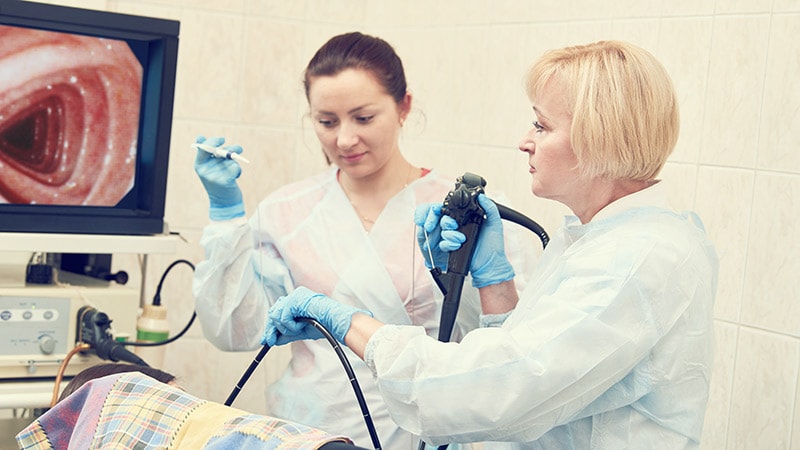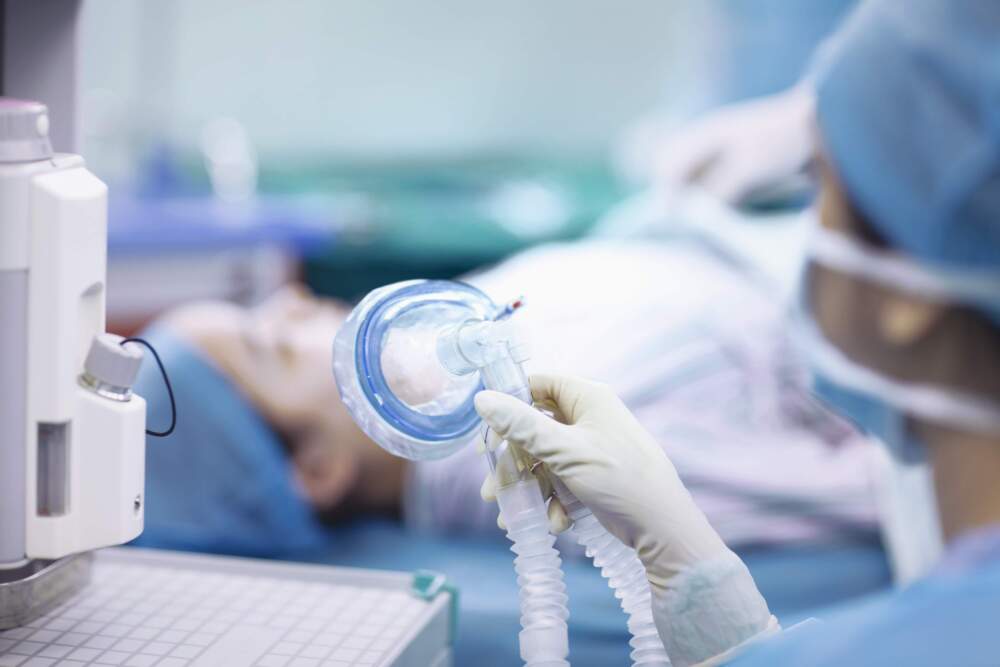- Joined
- Jan 31, 2010
- Messages
- 805
- Reaction score
- 1,081

Low Rate of Aspiration With GLP-1s During Upper GI Endoscopy
A large retrospective review provided the first cumulative incidence rate of pulmonary aspiration in those undergoing upper endoscopy while receiving popular diabetes and obesity treatments.

No data to support stopping GLP-1 agonists prior to elective endoscopy
As patient safety will always be paramount, and in the absence of actionable data, we encourage our members to exercise best practices when performing endoscopy on patients on GLP-1 receptor agonists.
gastro.org
How are different places handling "macs" for patients on GLP-1 agonists?
American Gastroenterological Association says no data to support stopping these meds prior to endoscopic procedures.
Ortho is hopping on board and demanding patients don't stop the med and want spinals with heavy "macs". Also insist of patients drinking large volume electrolyte solutions right up to the 2 hour mark.
Is the only way around this to get real good at bedside gastric ultrasound interpretation and make a determination obased solely on that?
I would much prefer we stick to our guidelines and ignore the Non-anesthetic recommendations. Analogous to Emergency Medicine guidelines saying it's safe to sedate nonfasted patients for procedures.

